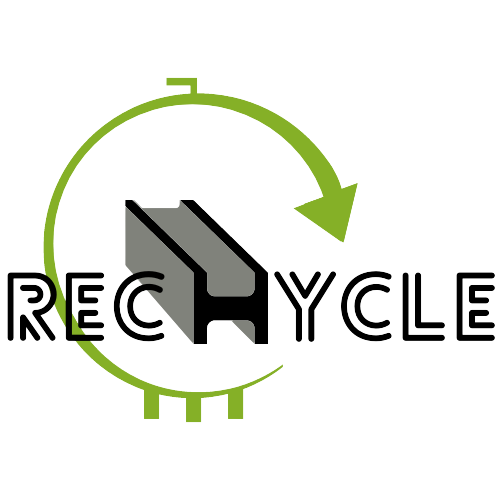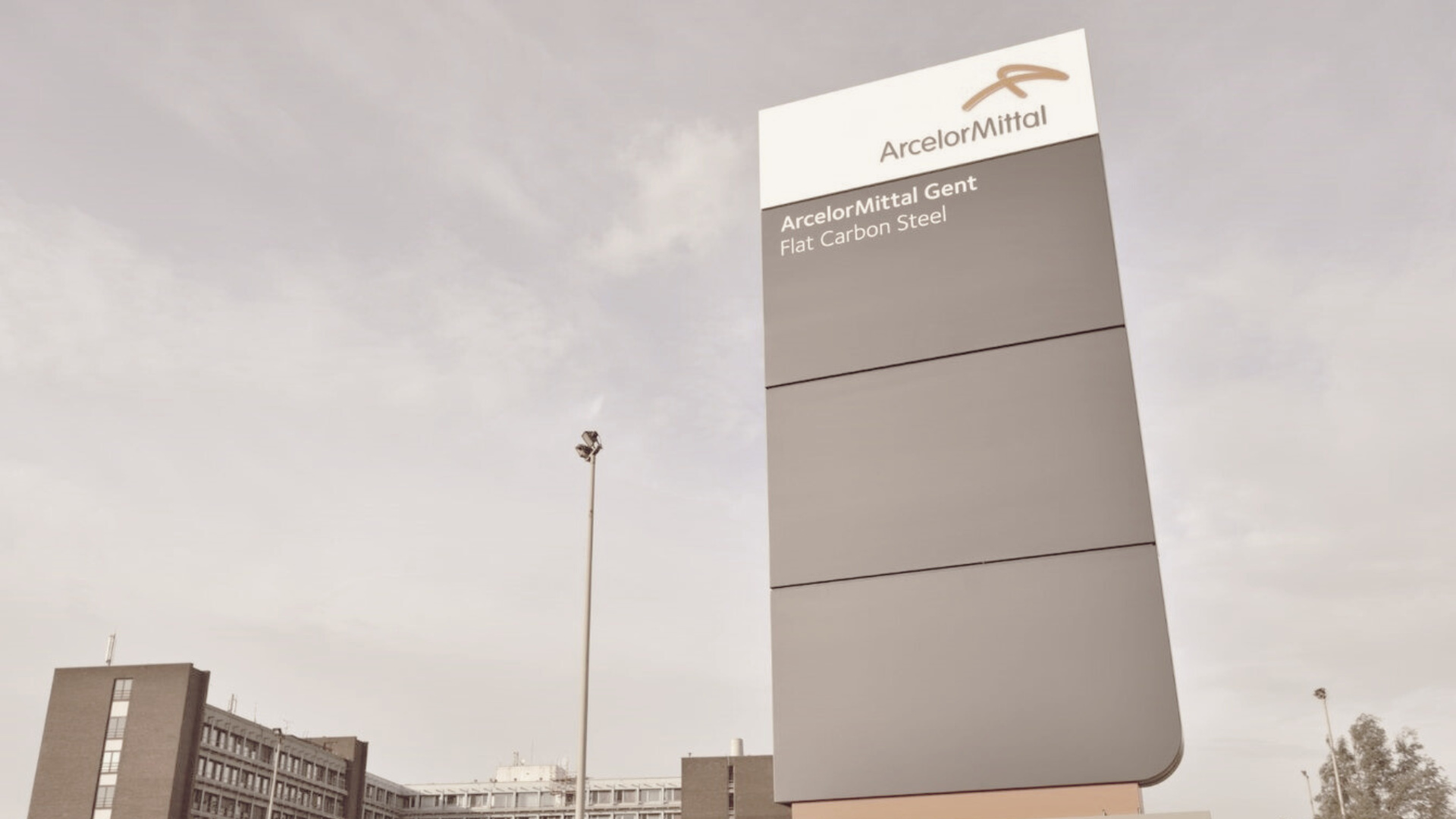
ArcelorMittal Belgium
ArcelorMittal is the world’s leading steel manufacturing company and has an industrial presence in 19 countries around the globe. Alongside RecHycle, ArcelorMittal coordinates other EU-funded coal replacement projects like Torero.
ArcelorMittal is experienced in full-scale demonstrations. Furthermore, it has the necessary expertise and capacity to setting up the complete process from new raw materials supply, energy flow between installations, handling of the recycled metallurgical gases and green hydrogen to injection and optimising control of the Blast furnace process.
“The roadmap of ArcelorMittal Belgium to reduce its CO2 emissions by 35% by 2030 compared to 2018 and to become carbon neutral by 2050 consists of three axes:
Manfred van vlierberge, CEO
1) Further improving material and energy efficiency;
2) Electrification and embracing hydrogen as a reducing agent;
3) Developing Smart Carbon concepts at the heart of the circular economy.
RecHycle allows us to take important steps in the three axes.”
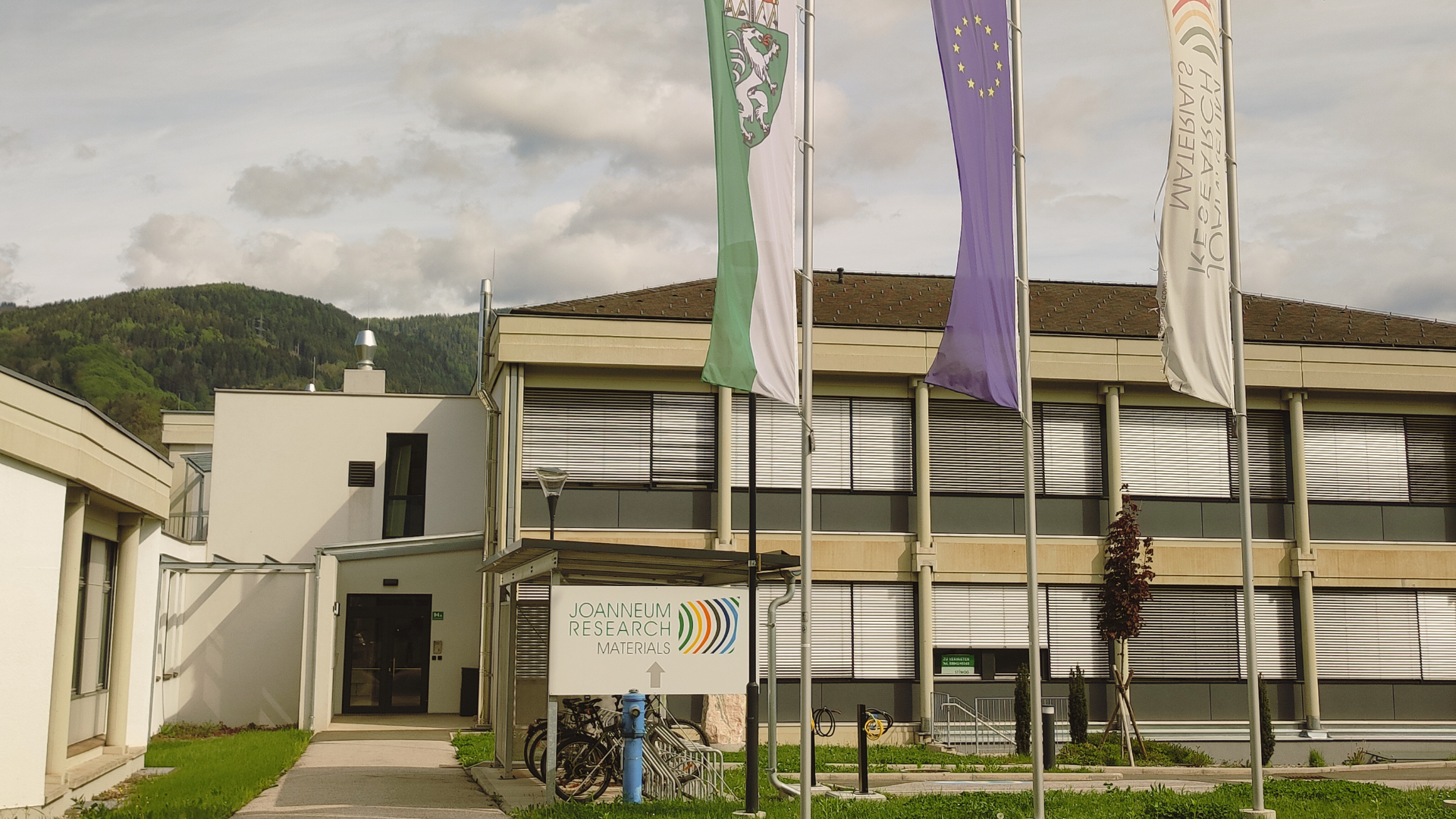
Joanneum Research
Joanneum Research Forschungsgesellschaft mbH, one of Austria’s largest non-university research organisations, is focusing on hydrogen research and its impact on materials to minimize the risks of material embrittlement.
“RecHycle is a major step in our strategy to develop materials and solutions for the new carbon-free era. We are very glad to have the opportunity to contribute with our knowledge and expertise, to make robust gas hubs for steel industry. It is of relevance for the local industry in Austria as well.”
Dipl-Ing. Dr. Vojislav Petrovic-Filipovic, Senior Researcher
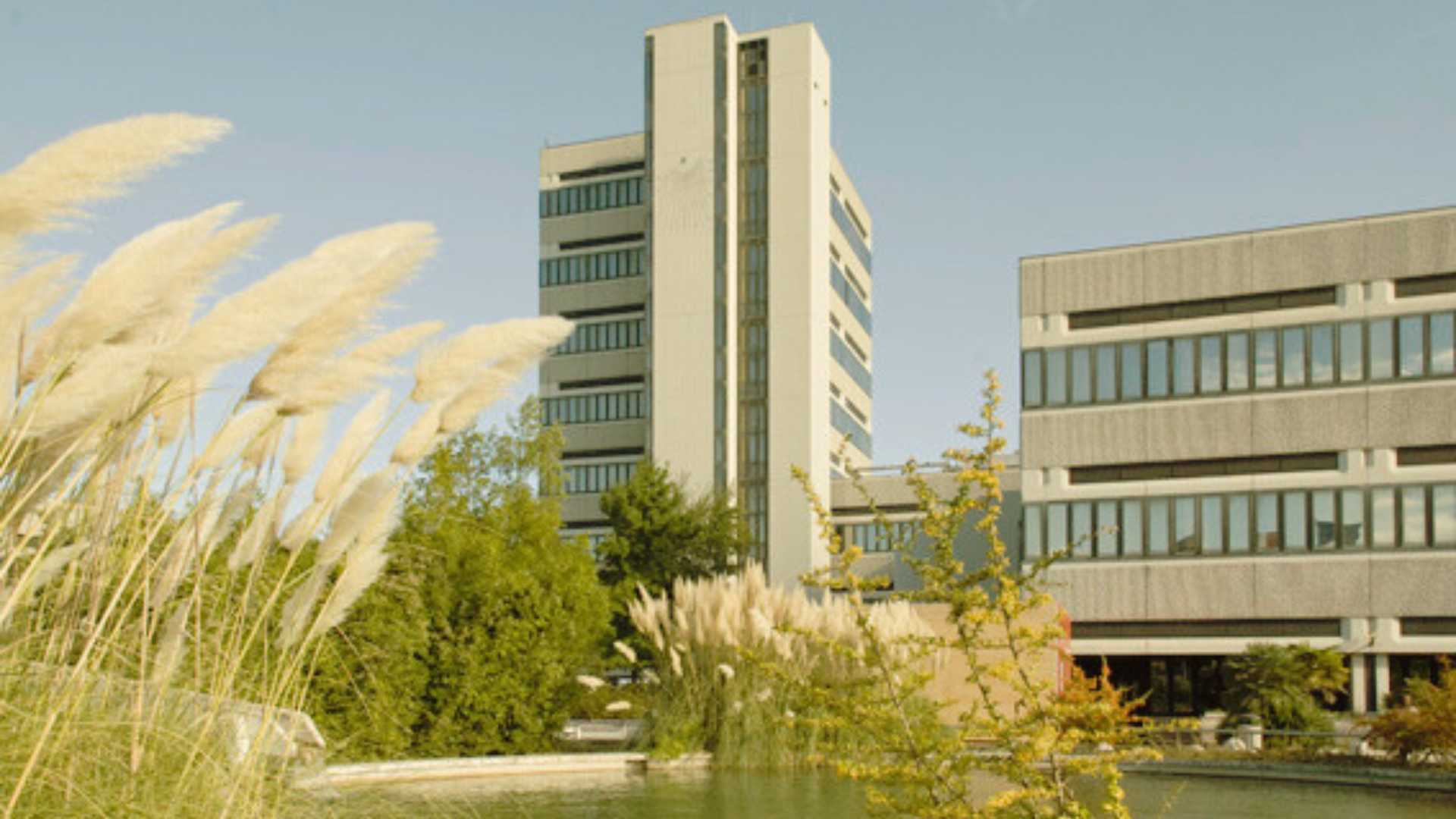
Università Politecnica delle Marche
The Università Politecnica delle Marche (UNIVPM), located in Ancona, Italy, offers a diverse range of programs in Economics, Engineering, Agriculture, Science, Medicine, and Surgery. UNIVPM is committed to scientific research and higher education while fostering internationalisation and industry collaboration as a top priority.
The Department of Industrial Engineering and Mathematical Sciences (DIISM) participates in RecHycle bringing its expertise on energy, material and process modelling. It will also carry out the Life Cycle Analysis and Techno Economic Assessment of the new steelmaking route.
“Università Politecnica delle Marche is excited to contribute to this project and in particular to support the consortium in evaluating the environmental, social and economic aspects of the project. We are confident that this is the beginning of a fruitful collaboration and that the results can be an important step toward decarbonisation and circularity.”
Prof. Filippo Emanuele Ciarapica, PhD, Full Professor
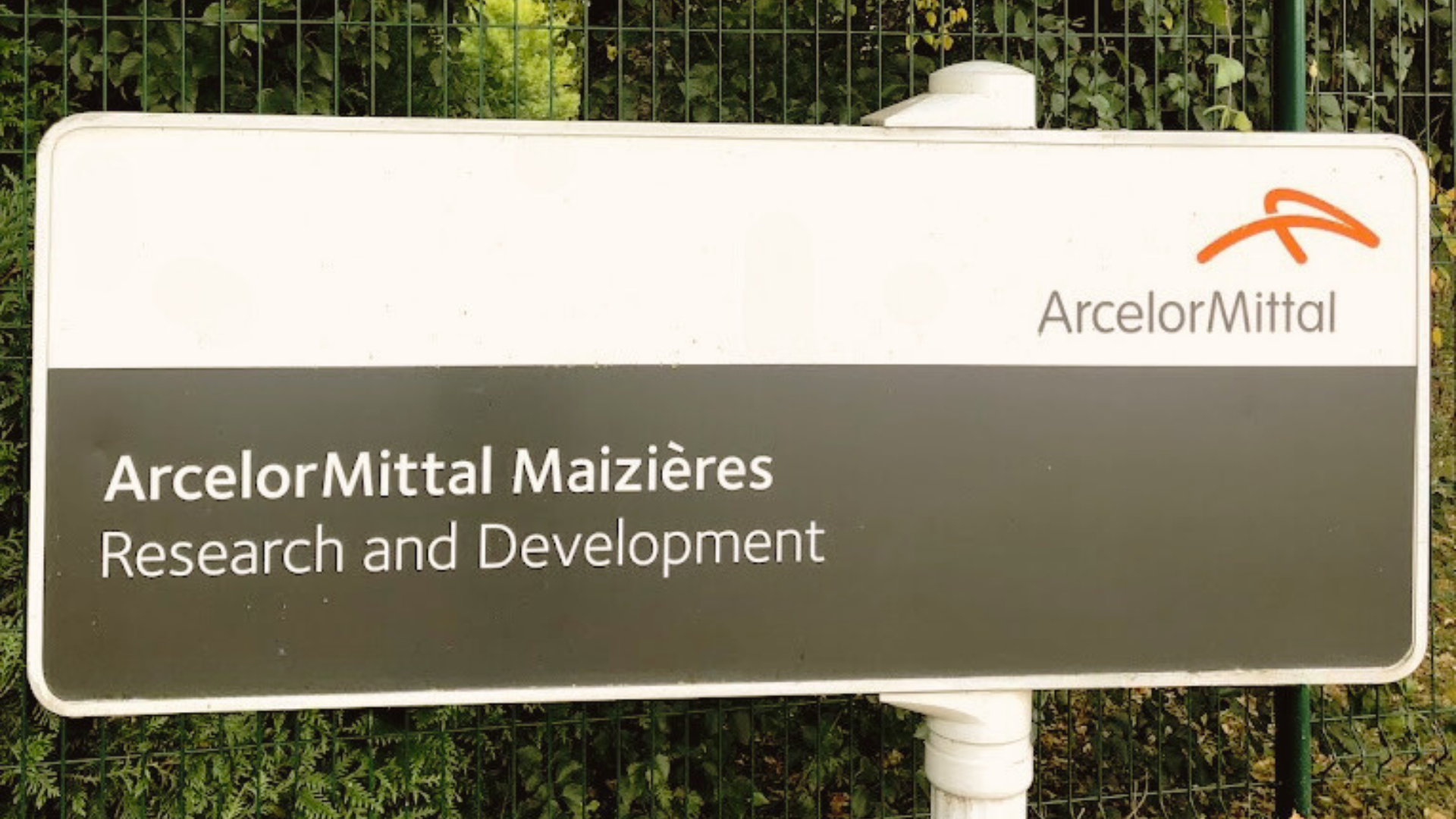
ArcelorMittal Maizières Research
ArcelorMittal Mazières Research supports ArcelorMittal’s sustainability goals and technological innovation. It fosters continuous improvement and competitiveness by developing new industrial processes and optimising existing ones to improve quality while also being responsible stewards of the environment.
ArcelorMittal Mazières will focus on modelling hydrogen impact in the blast furnace. This will allow a thorough analysis of the technical feasibility, analyse of the new operating sequence, and optimise the process before proceeding to full-scale demonstrations.
“Arcelormittal Global R&D plays an important role in supporting the decarbonization strategy of the group, leveraging the expertise of a diverse group of researchers to shape the steelmaking processes of the future. We will use modelling and advanced characterization methods to assess and optimize the technical outcomes of the project.”
Rodolfo Santos Ferreira, Head of Blast Furnace R&D
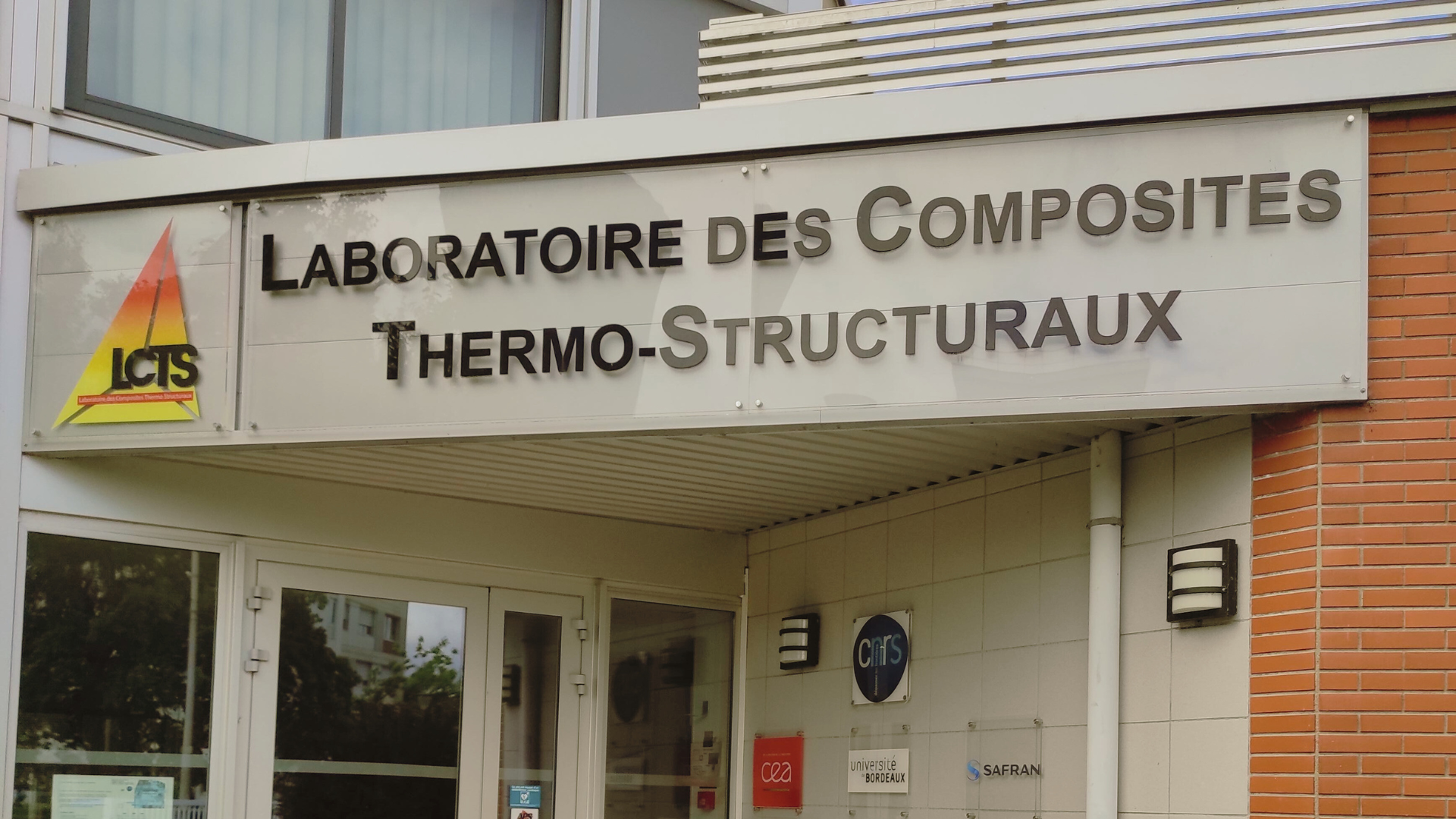
Centre National de la Recherche Scientifique
In RecHycle, the LCTS contributes with its expertise on ceramic matrix composites to design new material architectures and tailor the processing route to hydrogen and other gases.
The French National Centre for Scientific Research (CNRS) is among the world’s leading research institutions. The Laboratory for ThermoStructural Composites (LCTS) is a joint lab of CNRS, Bordeaux University, CEA and Safran with 34 years experience in basic science research on refractory composites.
“CNRS and IRT Saint Exupéry are committed to increase knowledge and expertise on Ceramic Matrix Composites. Initially developed for space and aircraft applications, these materials have here a fantastic opportunity to find applications in a new domain, with tremendous development perspectives and certainly new scientific challenges. In particular, proving that they are capable to enable new technologies helping to decarbonize the heavy industry is a very important asset for future research & development.”
Prof. Gerard L. Vignoles (Bordeaux University); Ing. Maëlle Dupont (IRT Saint-Exupéry)
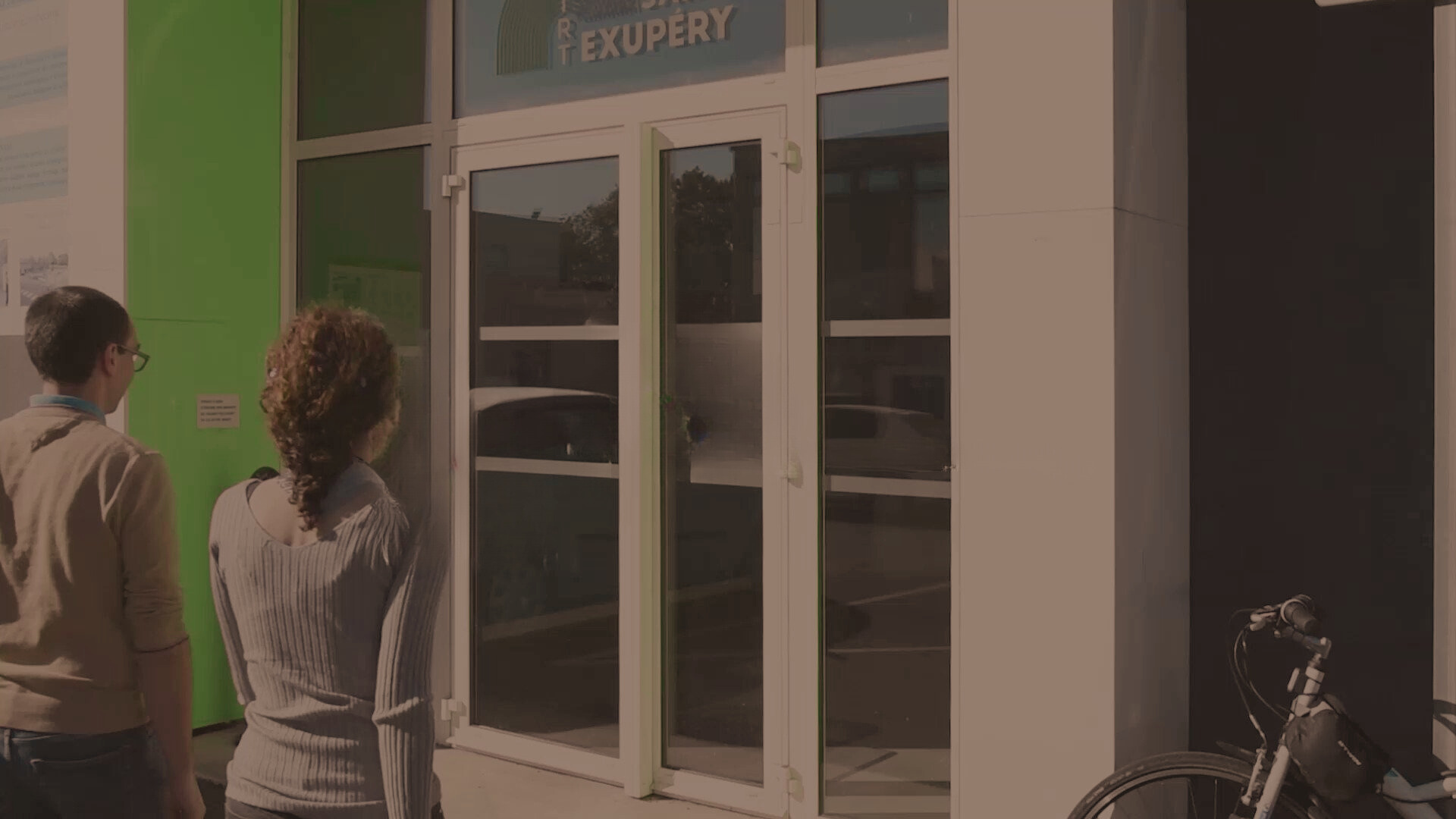
IRT Saint Exupéry
IRT Saint Exupéry is a private research foundation, supported by the French government with the mission to accelerate science, technological research and transfer to the aeronautics and space industries for the development of reliable, robust, certifiable and sustainable innovative solutions.
IRT, alongside CNRS, will design a new material architecture from ceramic matrix composites (CMC) and perform testing to ensure thermal, mechanical, and environmental specifications are met.
